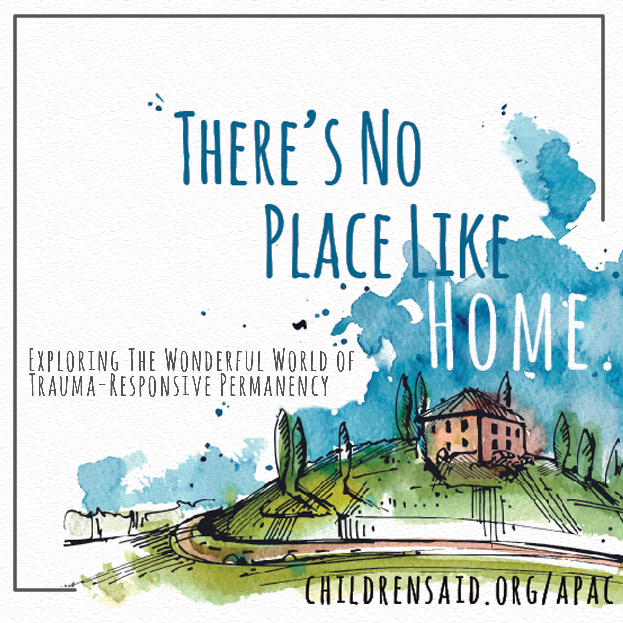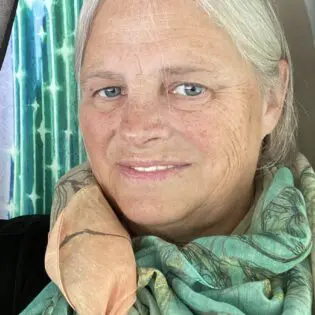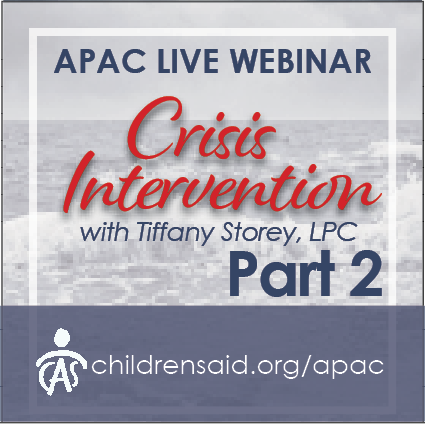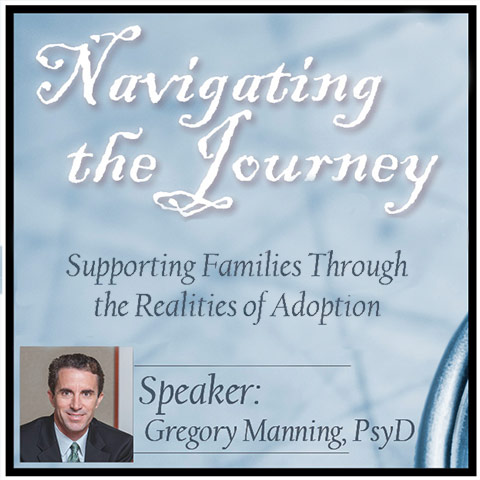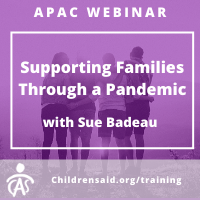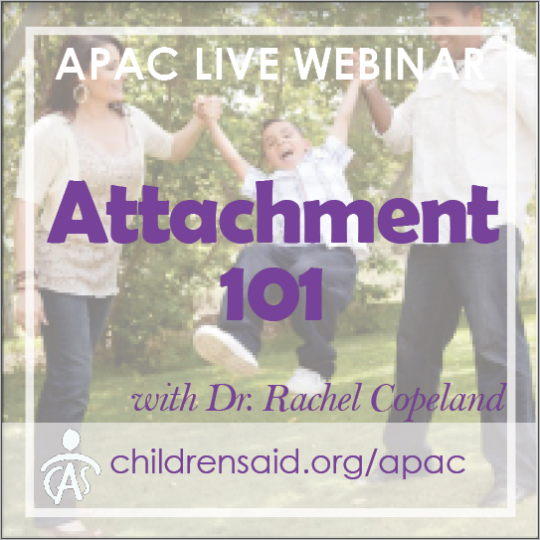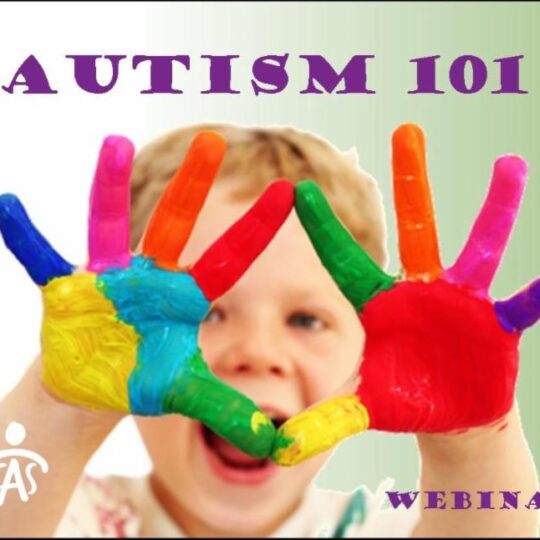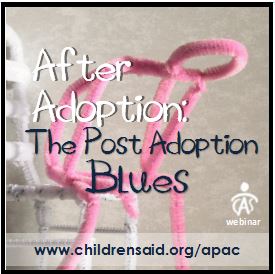Description
Every child needs a “no matter what” family for a lifetime. This includes children with special needs, sibling groups, older adolescents and children across all backgrounds and cultures. Adolescents need lifetime families, skills for successful adulthood and resources to support their safety and well-being. Children with disabilities need community-based services and supports as well as a family. All children and youth need roots and connections to their kin and cultural heritage in order to heal from traumatic early life experiences. Often our work focuses on one or the other of these needs
In order to successfully achieve permanence for all children, our work needs to take a “both/and” rather than “either/or” approach. In addition, practice and policy needs to reflect a comprehensive understanding of children’s developmental stages and how permanency (or lack thereof) impacts development.
Finally, in recent years, agencies have worked hard to become more “trauma-informed” increasing their understanding of the impact that early childhood trauma has on the children and youth served. As the science increases our knowledge and understanding of the impact of trauma on children, parents, caregivers, professionals and community providers across systems need to be better equipped to use trauma-responsive policies and practices whenever working with or on behalf of vulnerable children and their families, including children of veterans and of incarcerated parents. It is time to move from being “trauma-informed” to being “trauma-responsive.” Knowledge about trauma must be married with knowledge about child development in the context of permanency in order for practice to fully evolve to the point of achieving lasting trauma-responsive families for every child.
This inspirational, entertaining and interactive workshop will help participants understand the value of taking a both/and, permanency-oriented, developmentally-informed and trauma-responsive approach when working with children and youth and present skills and strategies that support achieving a “no matter what” family for every child.
Course Outline
This training includes the following topics:
- Permanence: There is hope for every child
- Permanency Values: What is permanency and why is it important throughout all stages of development?
- Permanency and trauma: A family is a necessary condition for healing
- Knowledge: What are the critical areas of knowledge about permanency, child/youth development and trauma necessary for effective child welfare practice?
- Skills: How do we move from being trauma-informed to becoming trauma-responsive – what tools and skills must fill the tool-kit?
Learning Objectives
As a result of this session, participants will increase their knowledge and demonstrate skills in the following areas:
- Developmental aspects and lifelong benefits of permanence
- Engaging family including fathers and kin, and cultural communities in working together to achieve permanence
- Define trauma
- Become familiar with the lifelong impact of trauma on brain development, health and well-being
- Understand impact of trauma on children and adolescents.
- Understand & Define their own critical role in helping children who have experienced trauma
- Define elements of a “trauma-responsive, hope-infused” resiliency building took kit
- Utilize a multi-sensory approach to supporting traumatized children
- Understand the importance of self-care as part of a trauma-informed strategy
Skills
- Apply knowledge of trauma to work with children and families
- Utilize an SOS response for helping children cope with trauma-triggers
- Utilize 2 new self-care strategies

